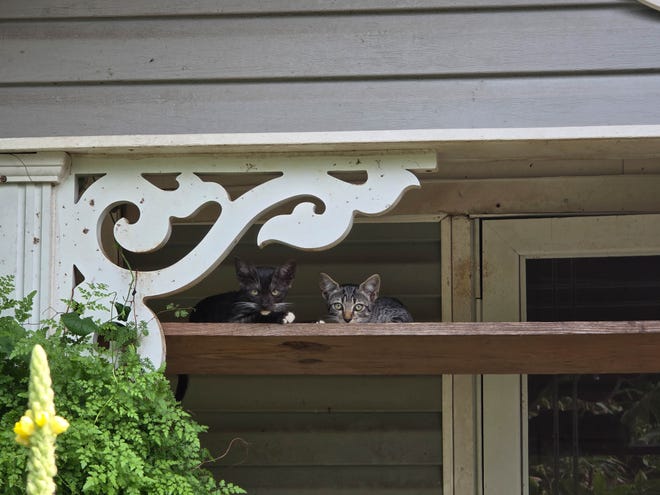Michigan is a national hotspot for bird flu, and veterinarians are warning pet owners that they need to be aware of the potential risks.
The highly pathogenic avian influenza virus making headlines in Michigan and across the US, known as H5N1, is so named because it is so well adapted to infect and kill birds. The current strain of H5N1 is almost always fatal to poultry but causes mysterious illnesses in other animals, including those commonly kept as pets, especially cats.
Cats are highly susceptible to H5N1 avian influenza and are at risk of developing neurological symptoms and death. Barn cats that drank raw milk from sick cows also became infected with avian influenza, developing neurological symptoms, eye and nasal discharge, and many dying.

New research suggests that ferrets can also become seriously ill and even die from the virus.
Dogs can be infected with H5N1 avian flu, but reports of illness in dogs are rare: The Centers for Disease Control and Prevention reported earlier this month that when dogs do get sick, symptoms are mild.
To reduce the risk of infection, veterinarians are urging pet owners to make sure their cats and dogs do not hunt birds or scavenge on bird or other animal carcasses, and to avoid contact with other infected animals, including cows, chickens and unpasteurized milk.
Here are some tips from the World Organization for Animal Health to protect your pets, especially your cats, from bird flu.
- If possible, avoid direct contact with sick poultry, fallen wild birds, objects with signs of bird droppings, or surfaces or water sources (such as ponds, aquariums, lakes) that may be contaminated with bird saliva, excrement, or body fluids.
- When you get home, make sure your shoes are stored out of reach of your pets.
- Clean your shoes when you come home from outside where there may be bird droppings.
- Disinfect surfaces where you place your shoes.
- Follow regular hygiene habits such as washing your hands with warm water and soap, especially when you get home and before handling food.
- Maintain good hygiene while preparing food.
- Avoid feeding your pets raw poultry, especially if there are reported outbreaks of avian influenza in your area.


